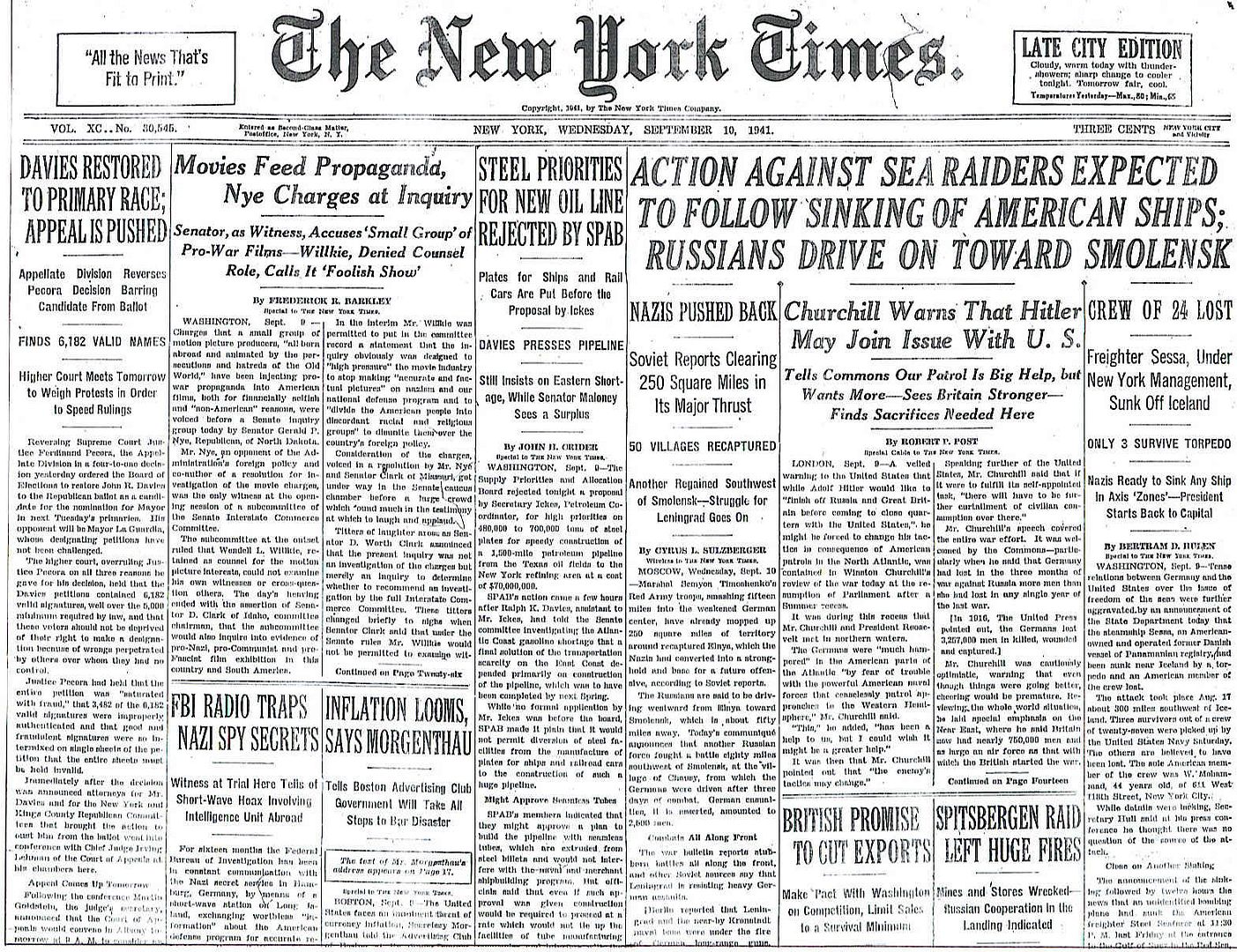
Posted on 09/10/2011 6:17:33 AM PDT by Homer_J_Simpson

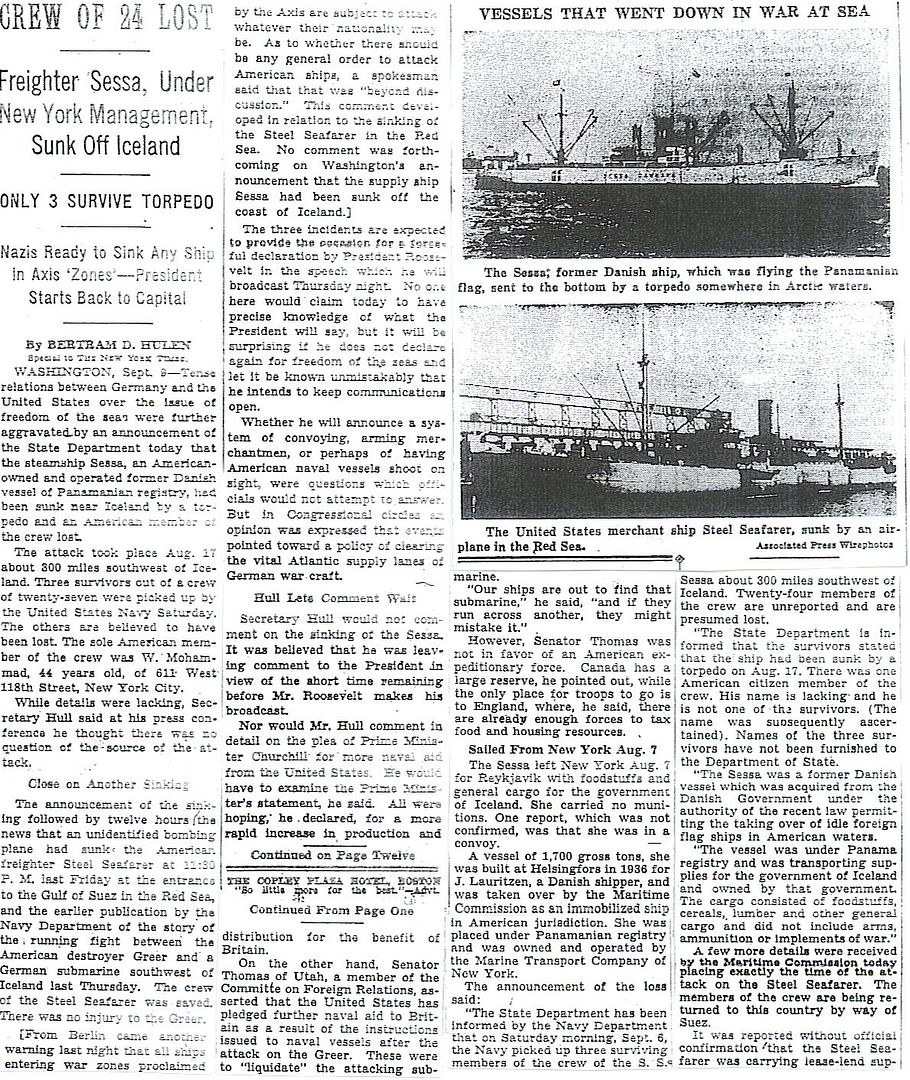
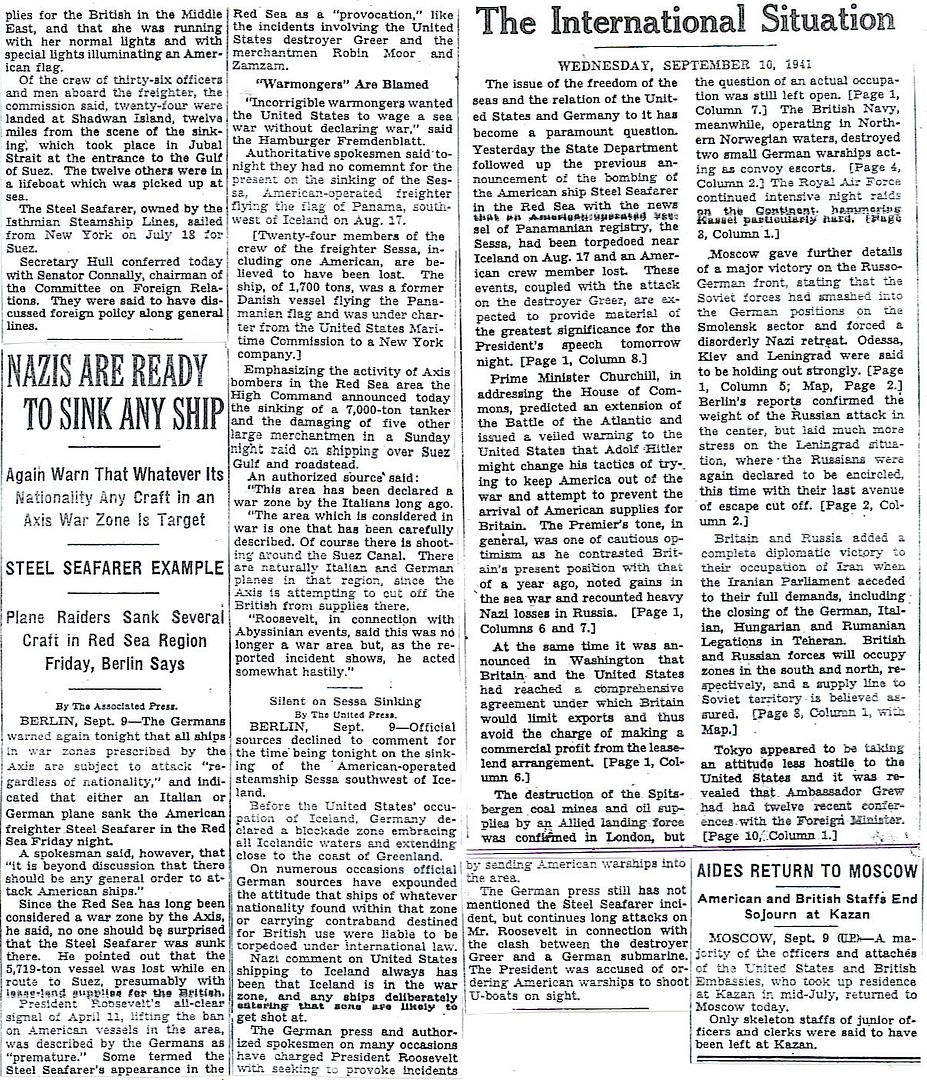
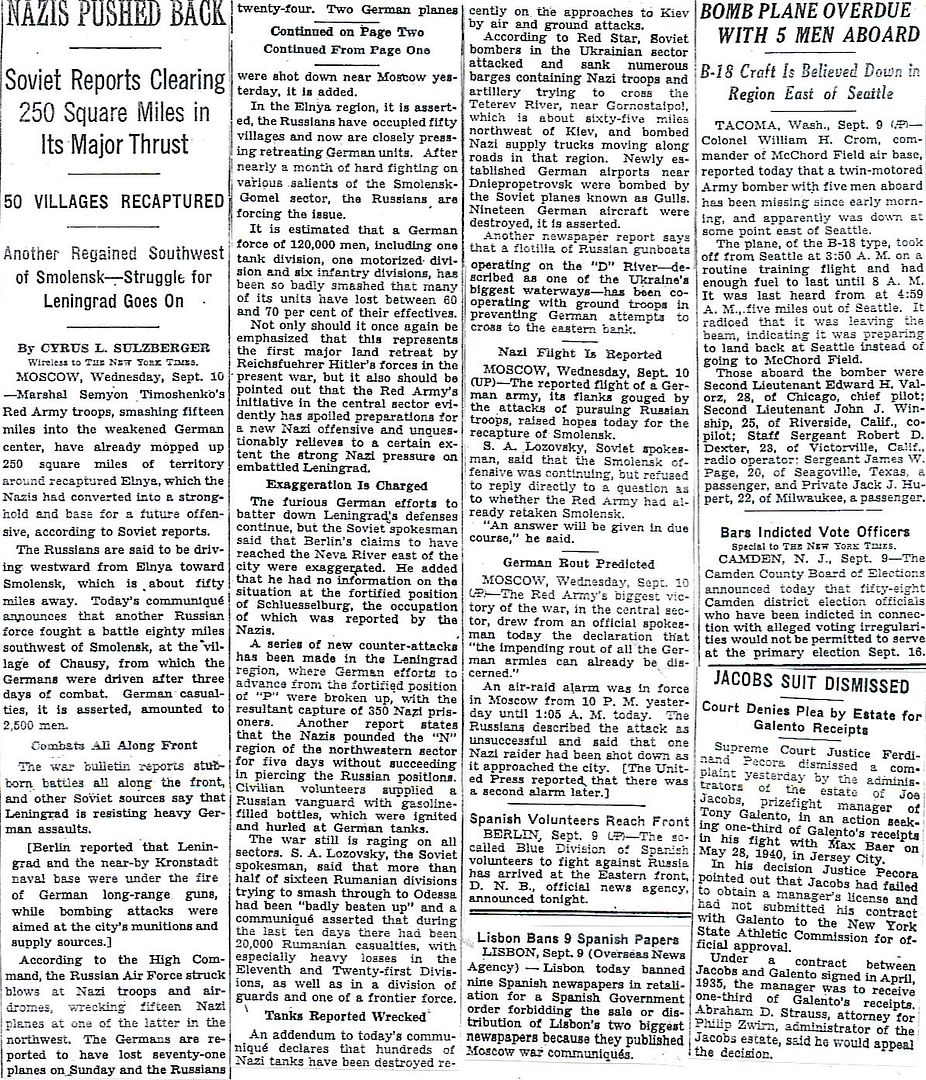
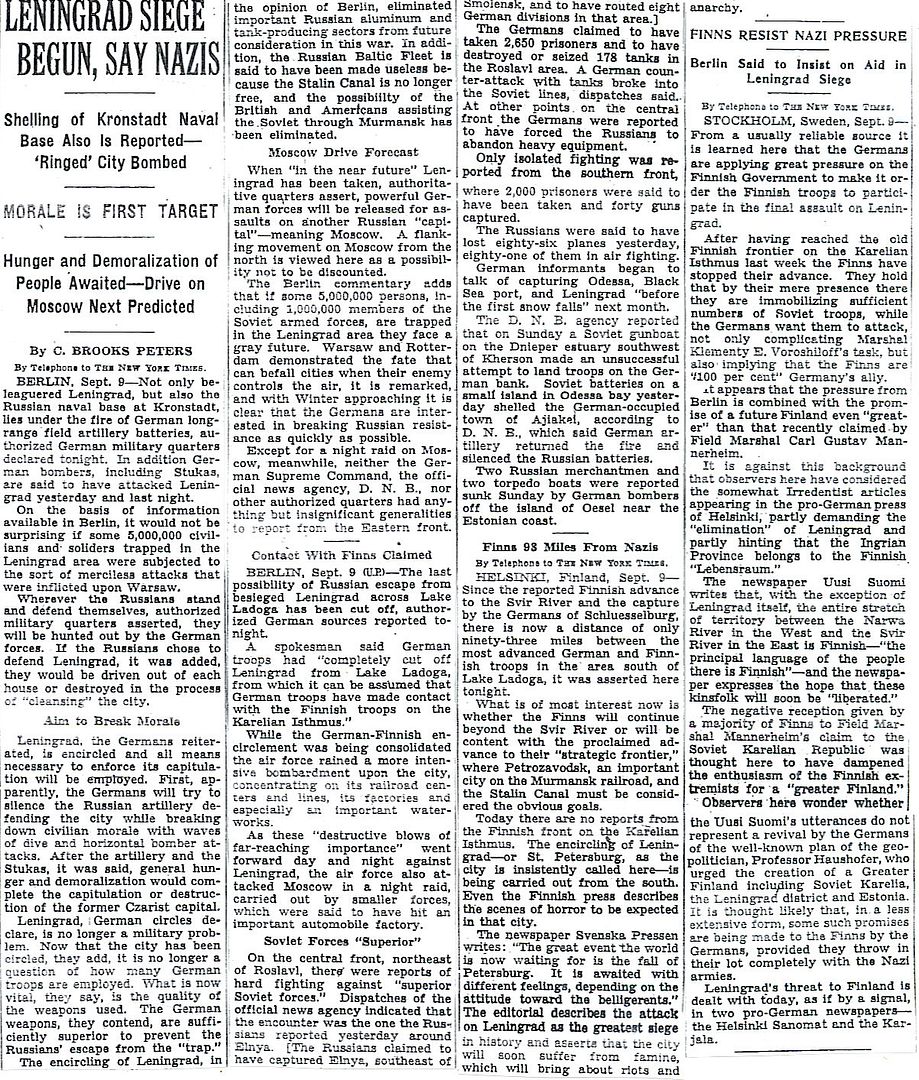
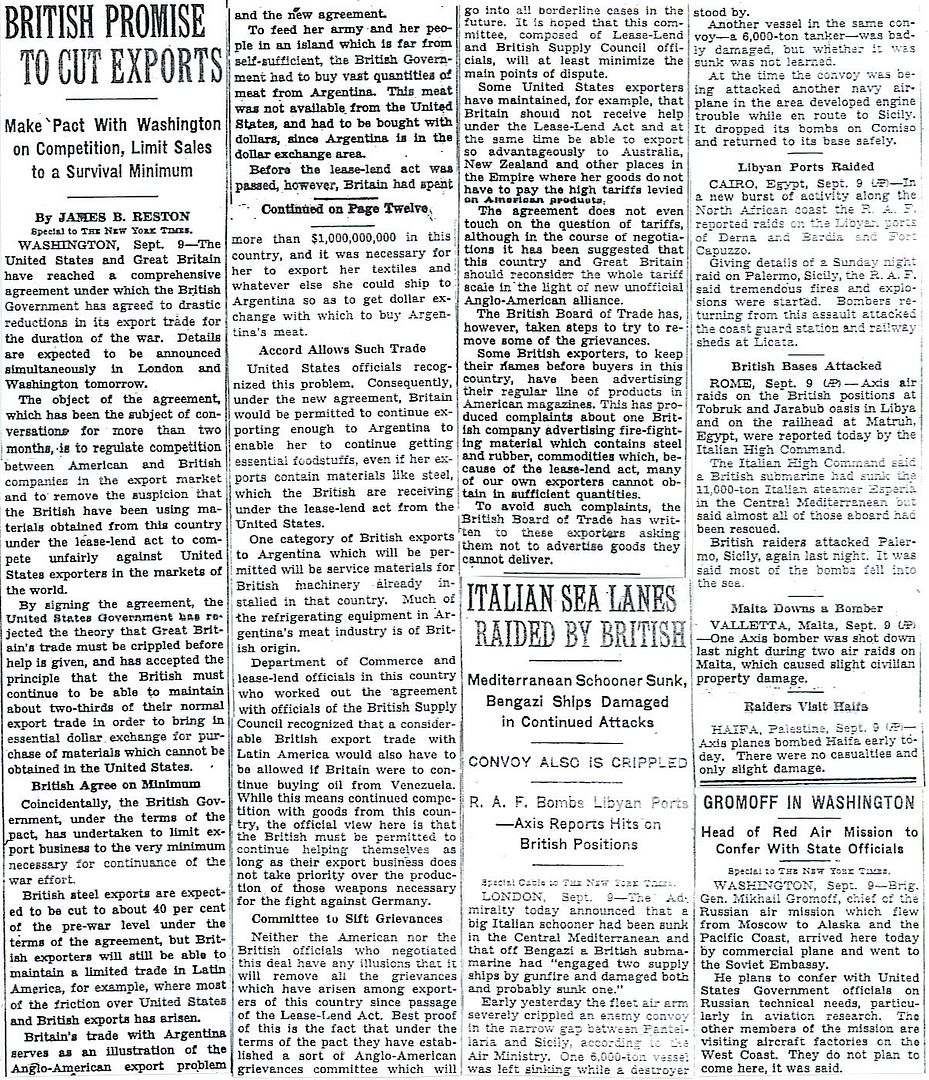
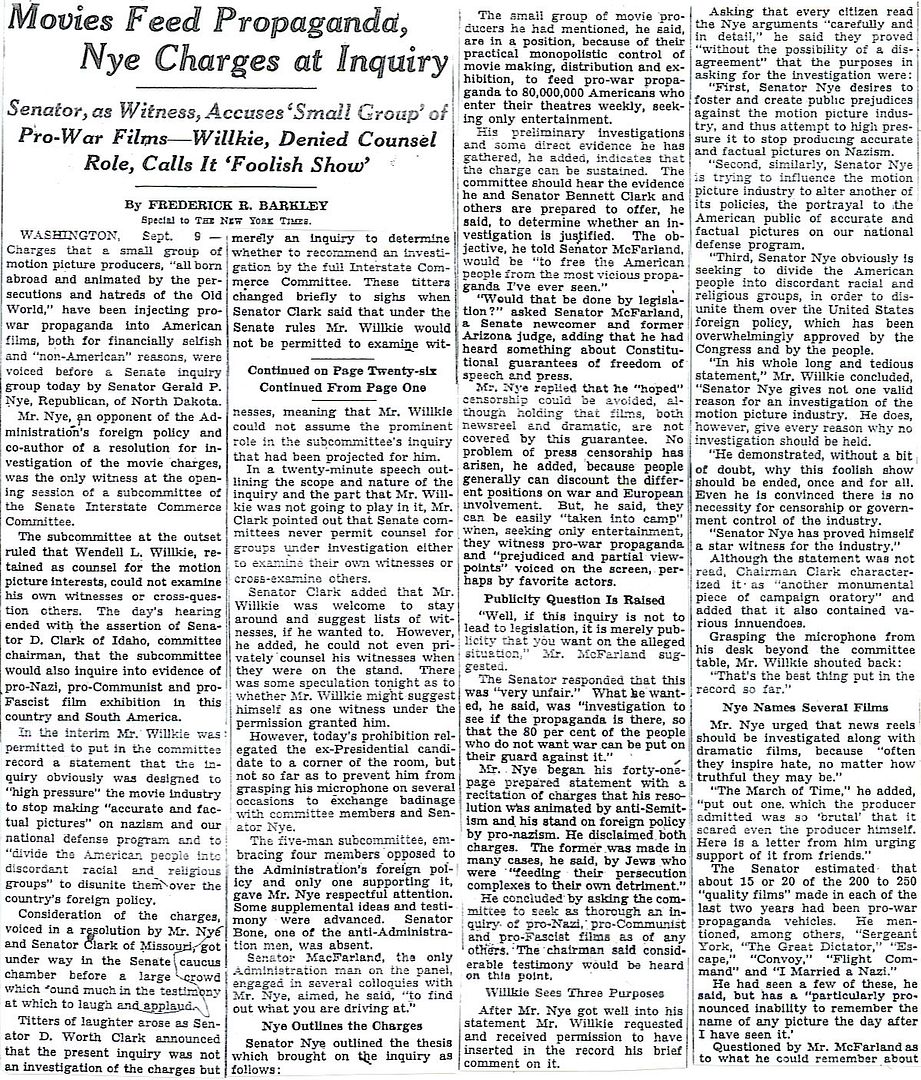
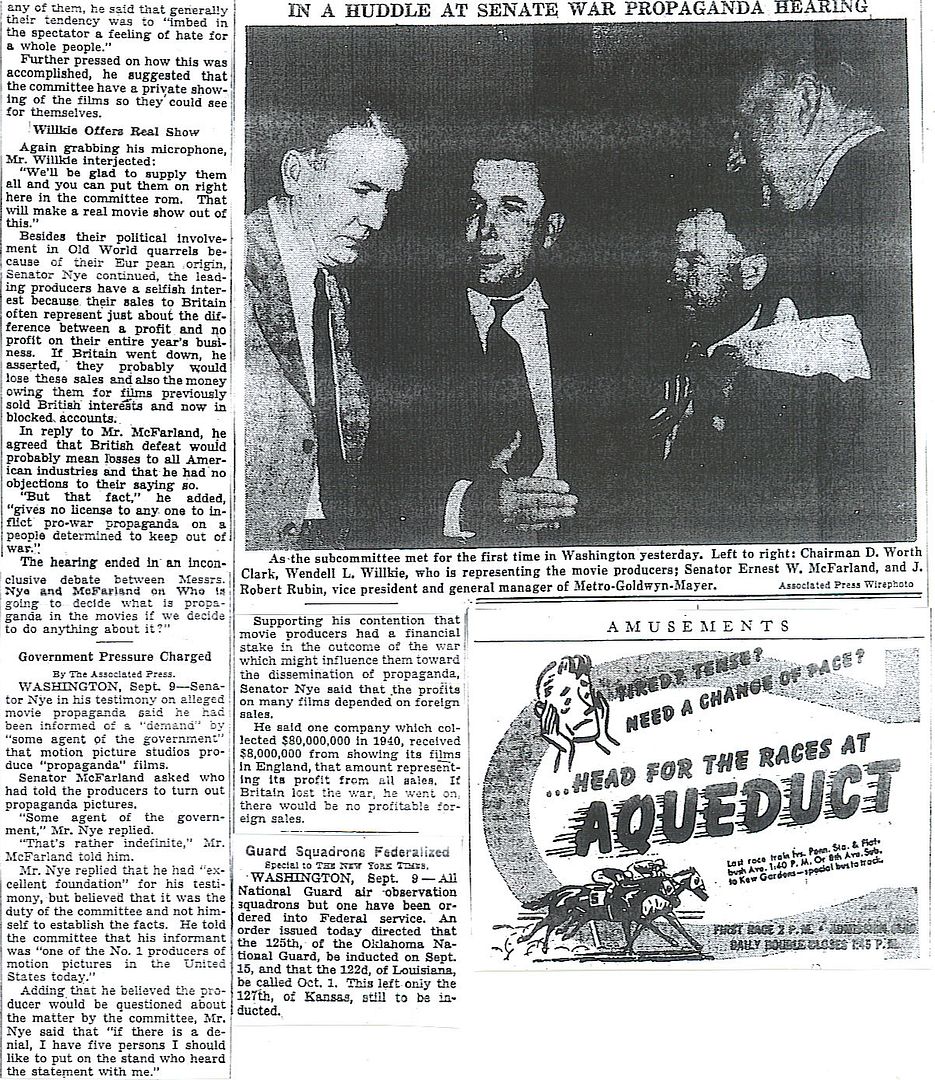
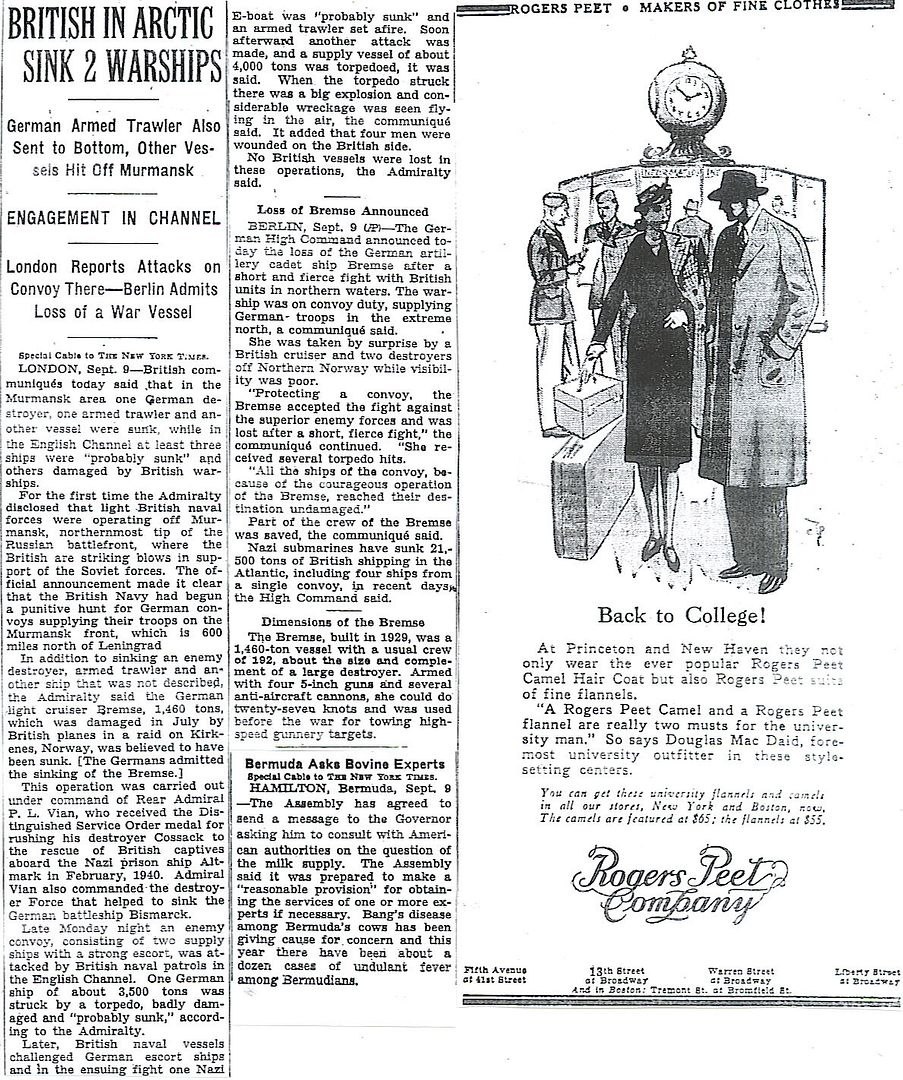
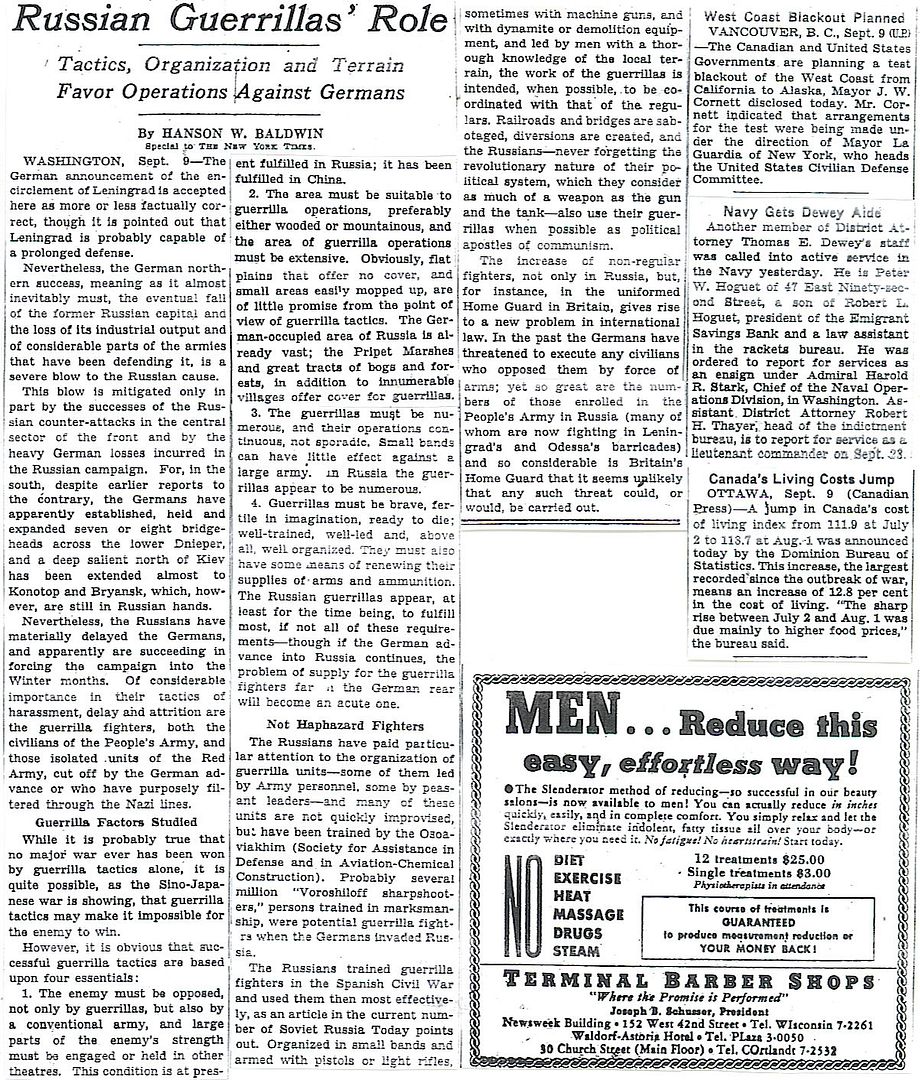
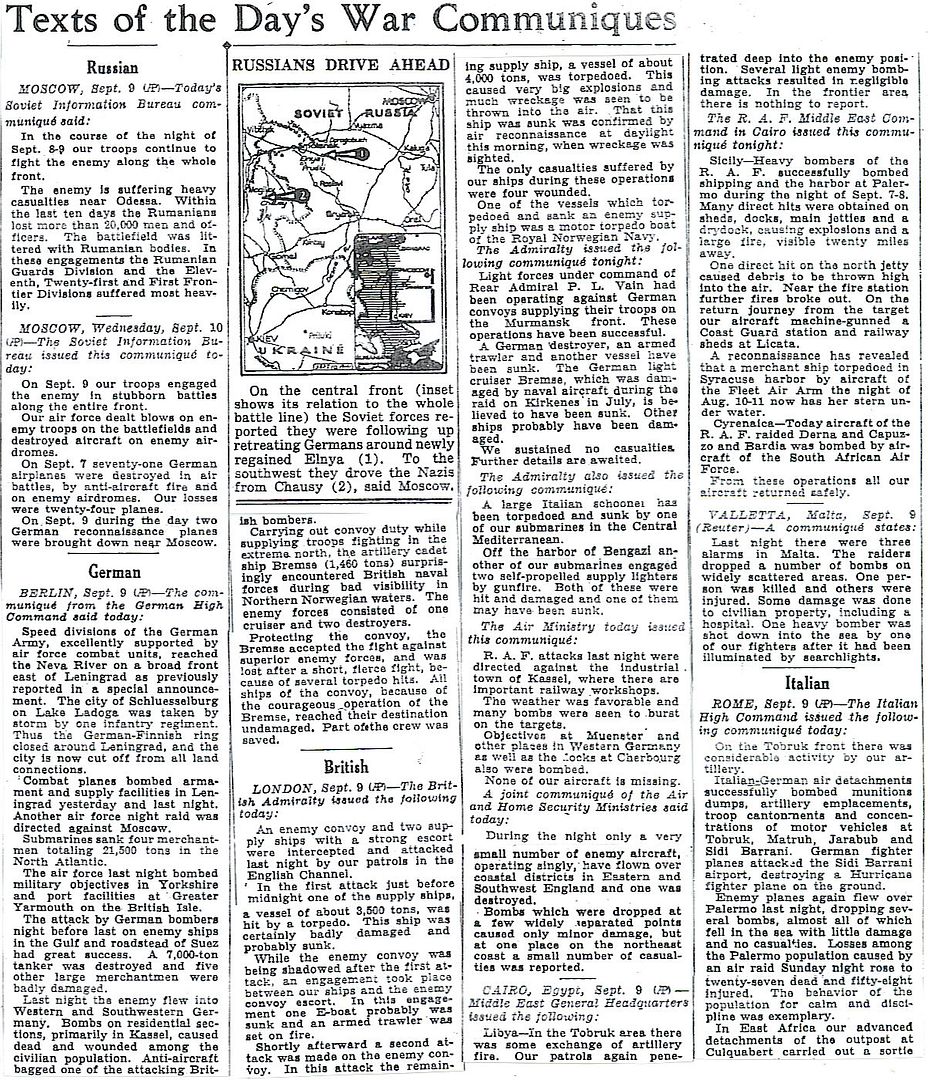
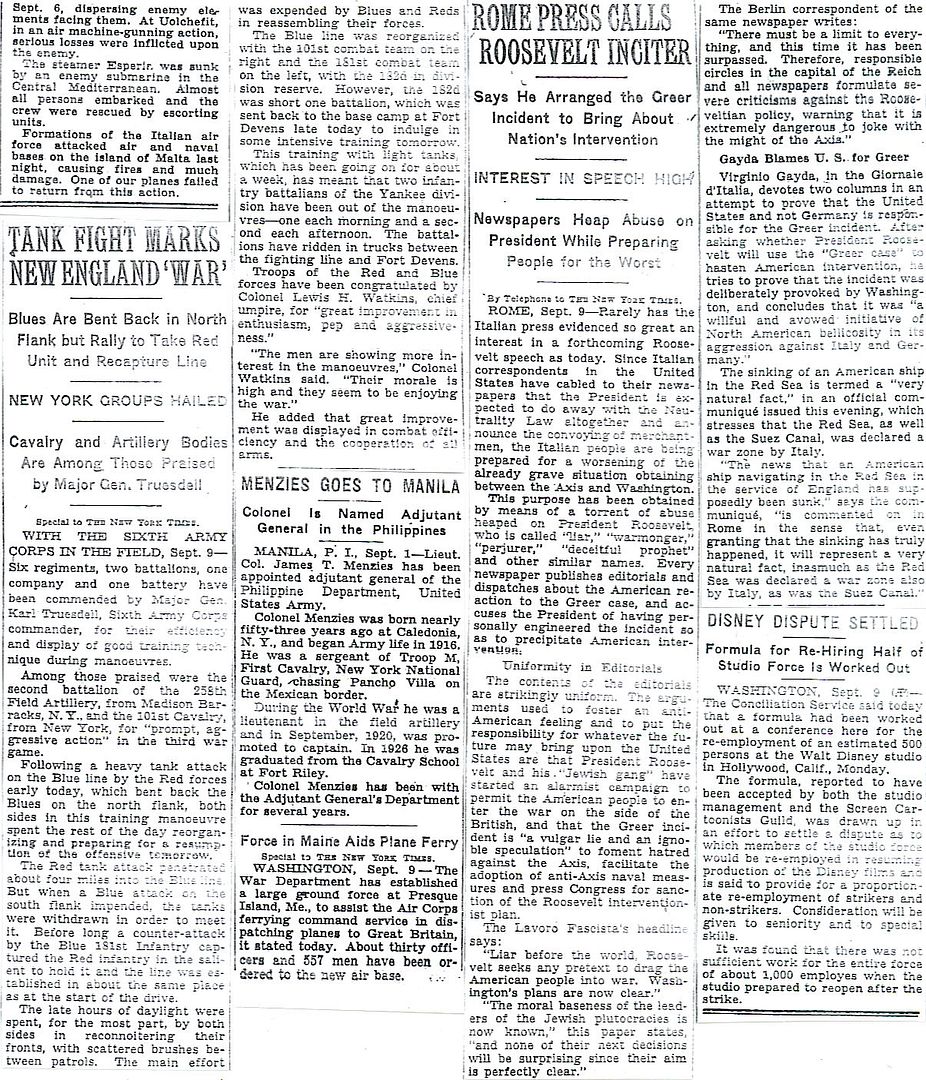
It's not clear to me what we are disagreeing over.
Did FDR want war against Germany?
Absolutely, that was his primary focus and war with Japan was less important.
FDR's problem was that wily Hitler refused to give him a good-enough reason for going to Congress to ask for a declaration of war.
But the Japanese were less savvy -- or more likely, just more desperate for raw materials.
Squeezing on the Japanese could give FDR the "mistake" he needed for all-out war.
Could Roosevelt have taken some other route entirely, one more dedicated towards finding "compromise" and "peaceful solutions" -- indeed, one far more consistent with the long-term historical behavior of our elected Democrats?
Absolutely, and that is what is so surprising about our socialistic Democrat President Roosevelt -- when it came to matters of war and peace, he acted more like Republican U.S. ("unconditional surrender") Grant than previous (or future) Democrats such as George McClellan, Woodrow Wilson or, oh, pick one: Jimma Carter.
No, on matters of war & peace, FDR was often as Republican as you could expect from any Democrat.
Personally, I attribute that to the influences of his Republican Secretary of War, a New Yorker, Henry Stimsom and, of course, General George Marshall from an old Virginia family.
So maybe these folks helped put some spine into what might otherwise have been your typical squishy Democrat leadership?
But I doubt it.
I think Roosevelt hated Germans as people from his boyhood experiences with them, and his natural sympathies for his fellow countrymen, the Dutch.
And like many others he shared the conviction that Woodrow Wilson's weak policies after the First World War lead directly to the Second.
As President, Roosevelt wanted to see the Germans so thoroughly defeated they would never again threaten anyone militarily.
So nobody had to "put some spine" into FDR.
"Unconditional Surrender" was his stated goal at Casablanca, in early 1943.
Of course, like any Democrat, FDR was eager to kiss the *ss of a Communist dictator like Stalin, but at least in Roosevelt's case, every time he puckered up his lips, hundreds of thousands of Soviets, not Americans, died killing Germans.
So it was a solid working relationship, appreciated by both parties.
So, what exactly do we disagree on?
Disclaimer: Opinions posted on Free Republic are those of the individual posters and do not necessarily represent the opinion of Free Republic or its management. All materials posted herein are protected by copyright law and the exemption for fair use of copyrighted works.